Wes Anderson is one of those filmmakers who can do no wrong. The King of Quirk (as we like to call him), master of design and wiz of deadpan humor is celebrating his birthday today! The American auteur turns 49 years old. We thought it would be fun to rank his movies from good to better (because we all know he doesn’t have any bad films in his filmography). NOTE: We’re still waiting to see his latest picture Isle of Dogs like everybody else, but we hear it’s a hoot!
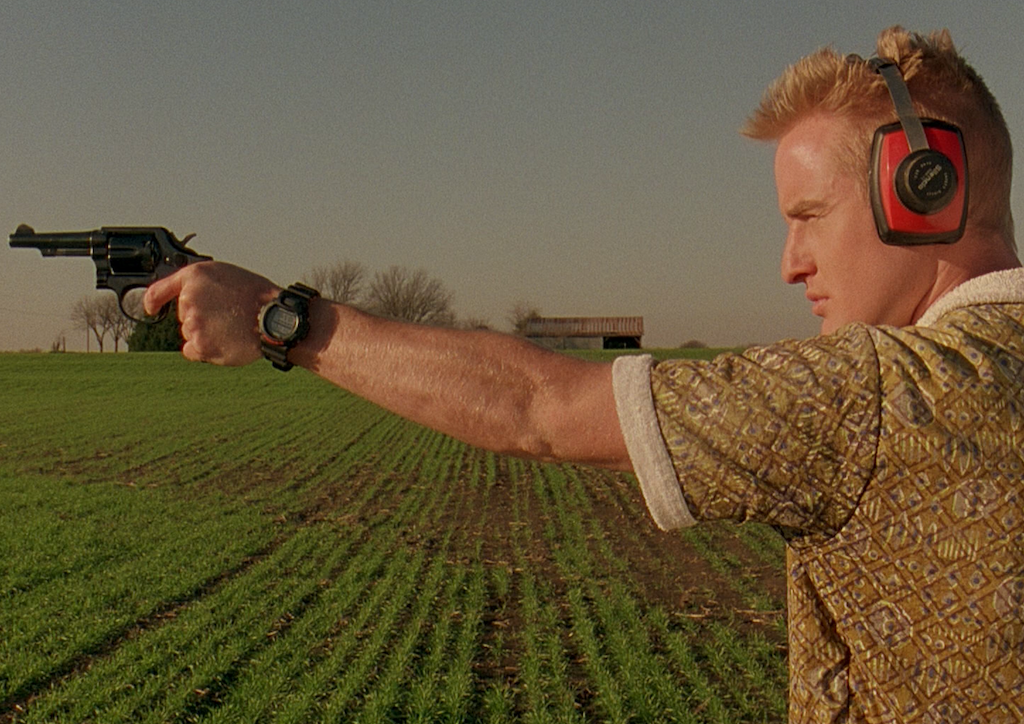
Bottle Rocket (1996)
When Wes Anderson’s Bottle Rocket first premiered back in 1996 (his debut feature film), director Martin Scorsese was awe. He declared that from the new crop of filmmakers, Anderson would most likely succeed him in terms of style. The history of the picture goes as far back as 1993, when Wes Anderson was college roommates with actor Owen Wilson. He asked him and his brother Luke to participate in a short black and white feature with him, which would later result a shorter version of Bottle Rocket. The boys submitted to the USA Film Festival in Dallas, Texas, Anderson’s home state. During its festival run, it received attention for Oscar-winning director James L. Brooks, who found back for a full feature with Columbia Pictures. When it was finally green-lit, Anderson invited his college buddies to appear in the picture. Following the plot of the short film, Bottle Rocket tells the story of three friends planning a simple robbery (until everything goes blissfully awry). Although it his first major movie, the film already featured some of the director’s signature trademarks, such as almost symmetrical cinematography, high energy, and deadpan humor.
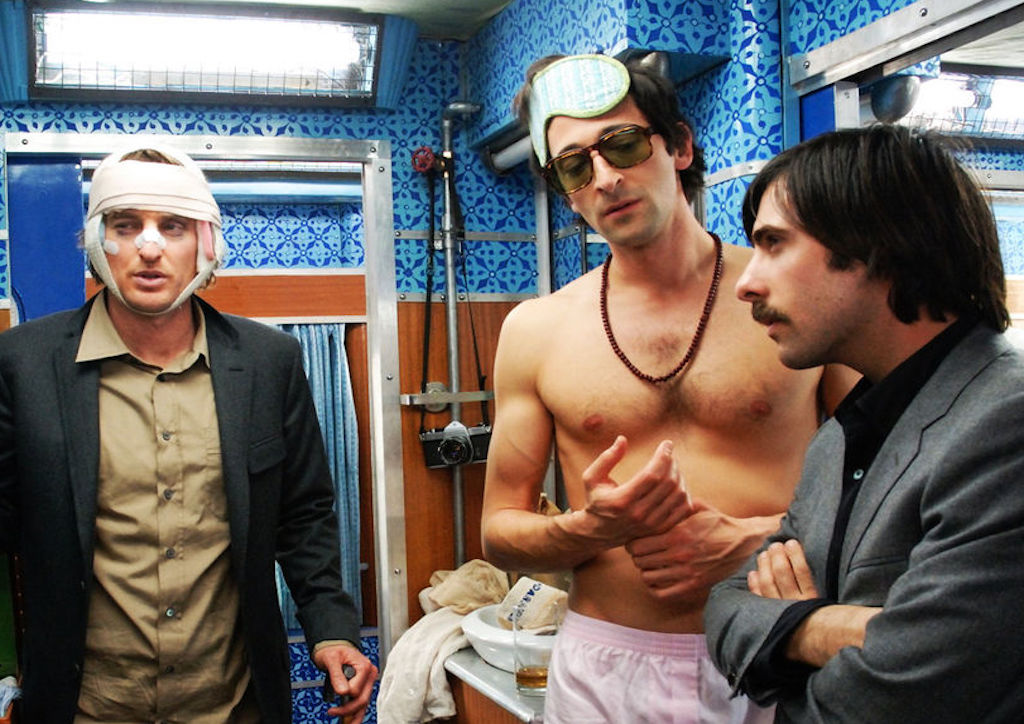
The Darjleeing Limited (2007)
The Darjeeling Limited is probably Anderson’s least accessible movie. The film tells the story of three brothers (Anderson regulars Adrien Brody, Jason Schwartzman and Owen Wilson) who go on a journey across India after the death of their father. As predictable as it sounds, the three troubled and somewhat estranged siblings undergo crisis together and learn how to appreciate one another. Although The Darjeeling Limited is not a bad movie, it came and went faster than a hot second and would only later gain a cult following. The film also featured a gem of a soundtrack (all borrowed from Indian films) and great performance from its lead actors. A good effort, we still consider it one of the most forgettable of all of Anderson’s works. Divisive in nature (we can’t decide if we love it or if we should simply write it off), we’ll just leave it here over Bottle Rocket for its meaningful message and more mature filmmaking style. It also gets an extra grade for the efforts the director made tying it in with his 2007 short film Hotel Chevalier, staring Schwartzman and Natalie Portman.
RELATED READS: These Are 10 of the Most Expensive Movie Props and Costumes Ever Sold at Auction
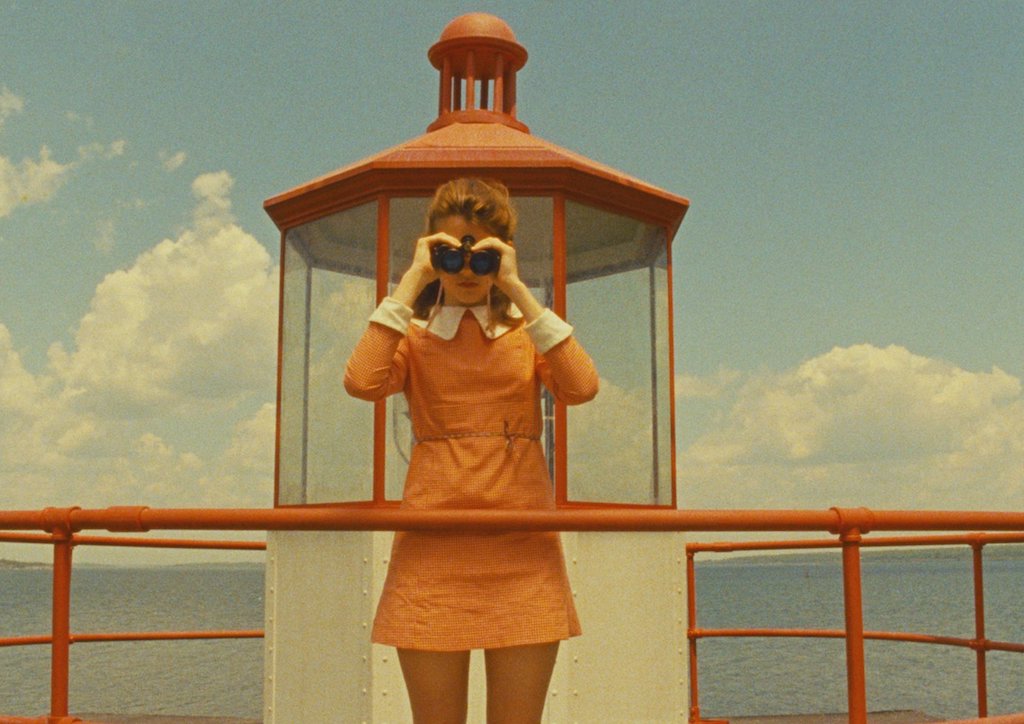
Moonrise Kingdom (2012)
Anderson is no stranger to coming of age tales. He did is so well with one of his earliest works Rushmore (1998). In Moonrise Kingdom, he brings us to New England, where a pair of young lovers run away from home to live in peace, away from their troubled homes. This sparks an uproar in their small town and a huge search party of colorful characters coming together to retrieve them and bring them home. The 2012 effort is an homage to vintage European films in terms of cinematography and filming style, however it has very American themes and references. Anderson even managed to make the Boy Scouts cool again for one hot second (Halloween costume idea, anyone?). Filled with beautiful imagery, great dialogue, and wonderful performances, Moonrise Kingdom is a good addition to Anderson’s colorful resume.
RELATED READS: The Upcoming Museum of the Academy of Motion Picture Arts & Sciences (AMPAS) is Holy Land for Cinema Lovers
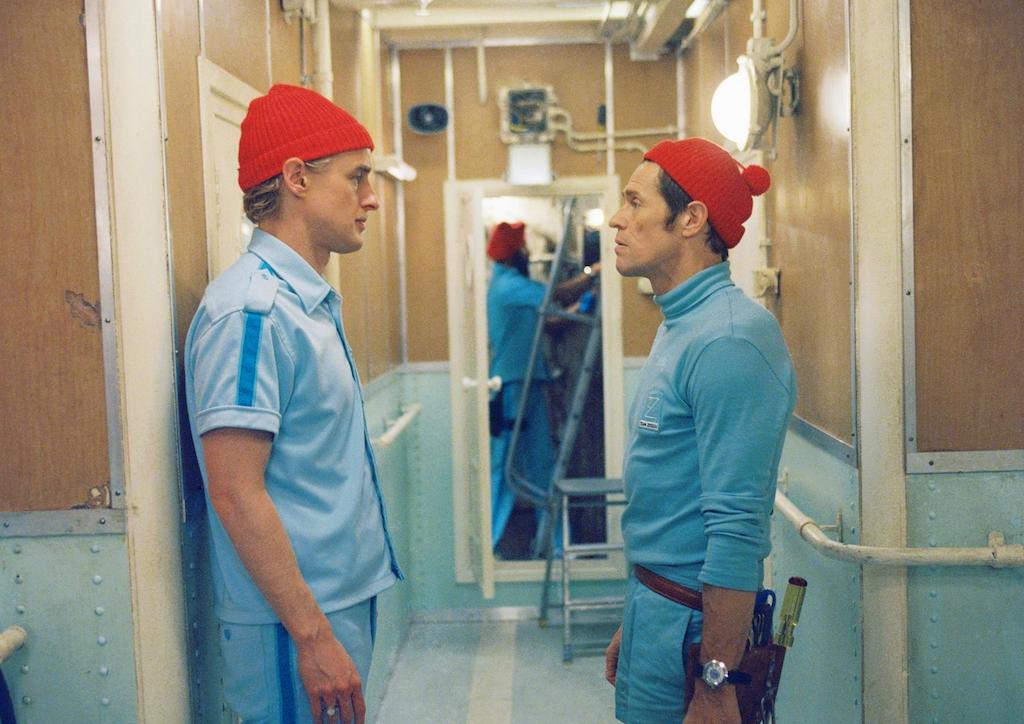
The Life Aquatic with Steve Zissou (2004)
The Life Aquatic with Steve Zissou is a forgotten gem by the general public, but still sits in the top tier of Anderson’s works. Starring Bill Murray in the titular role of the quirky ocean explorer Steve Zissou, he gathers a crew of “experts” to help him track down a killer shark that killed his partner. Included in his cast of misfits is his estranged wife (Anjelica Huston), a longtime fan who believes Zissou is his father (Owen Wilson), a bunch of interns from the University of North Alaska, his emotional German first mate (Willem Dafoe), and a very pregnant reporter chronicling the journey (Cate Blanchett). All of their zany antics are being filmed by a camera crew for Zissou’s latest educational documentary. The film isn’t only fun, but it’s gorgeous to look at as well. Bill Murray steps in as the lead this time (he’s appeared in all Anderson’s movies since 1998), and does the material right, creating a character that is both endearing and complex. Although done very well, the film failed to earn back even half of its production budget of $50 million. I guess it’s just one of those lost gems we can just be thankful even exists.
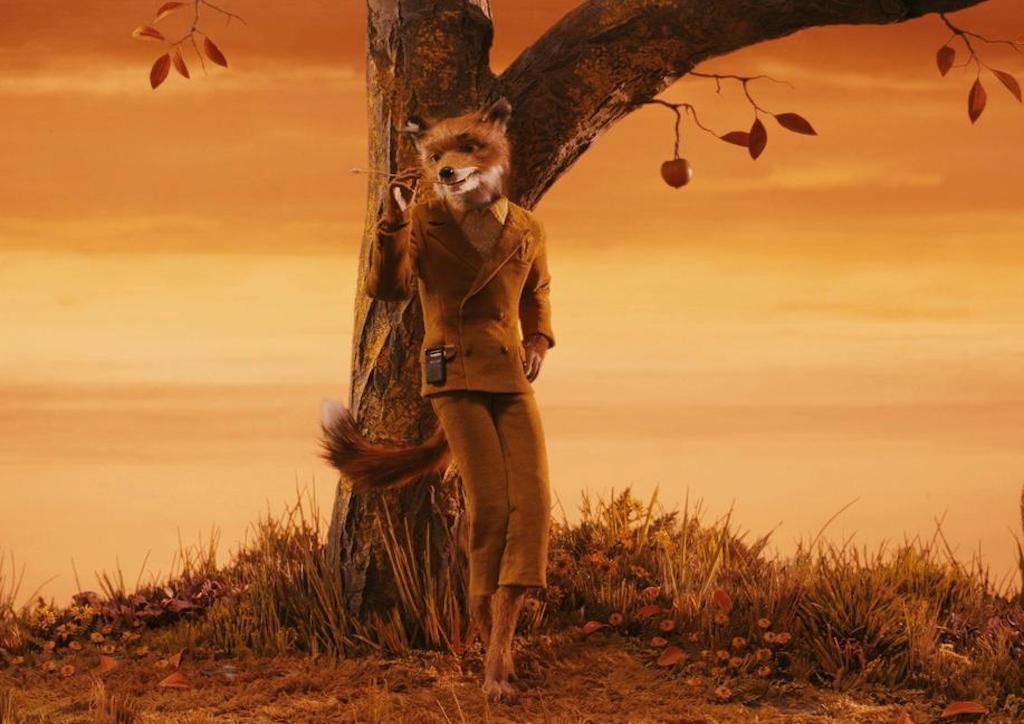
Fantastic Mr. Fox (2009)
Who knew Roald Dahl and Wes Anderson would fit perfectly together like a glove? His adaption of Fantastic Mr. Fox is indeed, fantastic! Marking his first outing with stop motion filmmaking (his upcoming film Isles of Dogs will be done in this style too), Anderson worked closely with a special team to create over 535 puppets for the film, with the Mr. Fox character having over 102 in 17 different styles. Based on the classic children’s novel by the acclaimed writer of Charlie and the Chocolate Factory, we follow Mr. Fox and his struggle to fight off three farmers Boggis, Bunce and Bean. Foxy is a professional robber who steals produce from the farmers, making them vengefully hunt down the animal, his family, and their furry friends, making them all run from danger like outlaws. As a whole, despite being about animals, Fantastic Mr. Fox does not lose any heart or human emotions evident in other Anderson films. The Mr. Fox and his friends have feelings that are as real as ever. A children’s tale for adults, the movie touches on themes such as family dysfunction, living in a parent’s shadow, dishonesty, and honor.
RELATED READS: 5 of the Most Lavish and Expensive Sets Ever Built for a Hollywood Movie
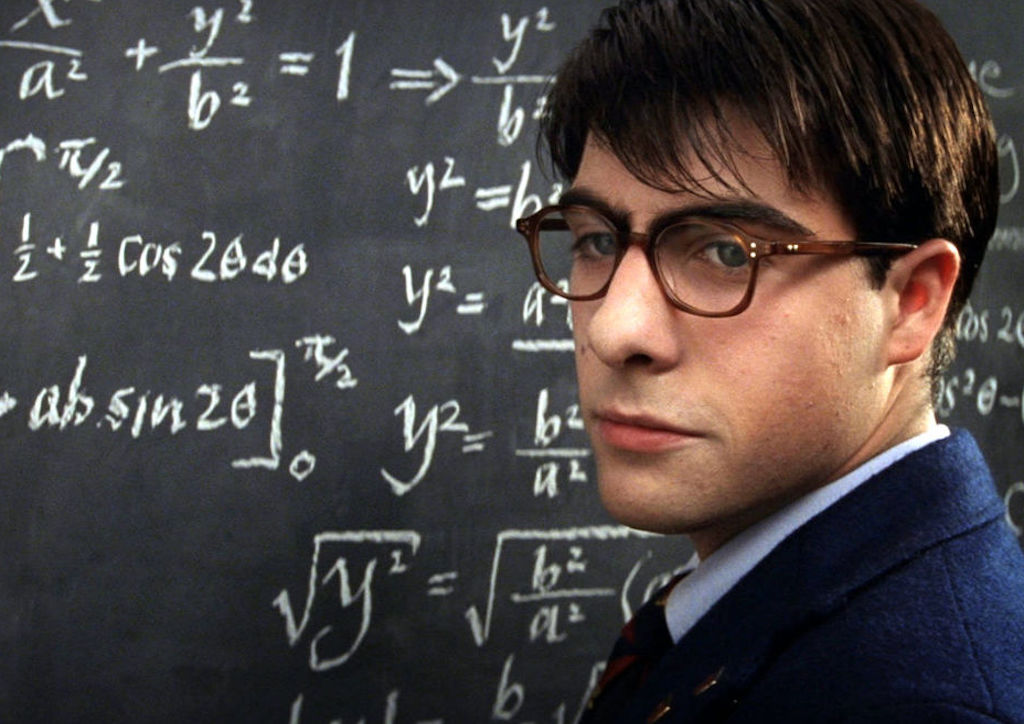
Rushmore (1998)
Celebrating its 20th year anniversary this year, the raved about 1998 film has garnered cult classic status. It is also the film that launched Anderson’s Hollywood career as a skilled writer of original stories. Following Max Fischer (Jason Scwartzman), an obnoxious child prodigy on scholarship at the prestigious Rushmore private school, and his friendship with a depressed older gentleman Herman Blume (Bill Murray). They are than put to the test when they both fall for Ms. Rosemary Cross (Olivia Williams), a kindergarten teacher at the school. Written by Anderson and buddy Owen Wilson, the two college roomies were inspired by the whimsical world of Roald Dahl novels, penning the screenplay in his style: a world of heightened reality (which he continued for all of his succeeding movies). The film’s dry wit and intelligent dialogue helps it transcend through time, making it as entertaining as ever. It is the type of dark comedy that we can watch over and over again.
RELATED READS: 20 Good Movies That Best Portray Lives of Luxury (For Better or for Worse)
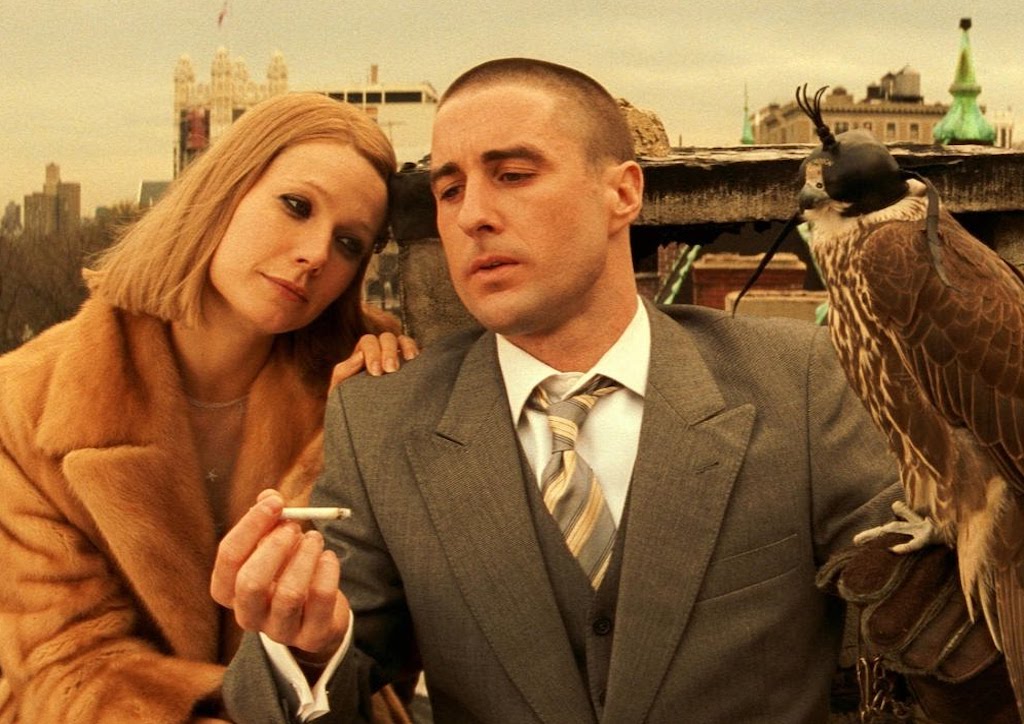
The Royal Tenenbaums (2001)
This family drama is more than just quirk, but a complex look into the life of a dysfunction clan of misfits, outcasts and loners. The Royal Tenenbaums is certainly the film that brought Anderson into the mainstream’s consciousness. Again collaborating with Owen Wilson on the screenplay, the ensemble piece circles around the Tenenbaum family, days after their patriarch Royal (Gene Hackman) announces he is dying from an incurable disease. As the family copes with the news, their inner demons begin emerging and old issues begin to surface. We are introduced to a wide array of interesting characters like Royal’s prodigy children, all whom have chips on their shoulders due to their traumatic upbringing: the adopted daughter and talented playwright Margot (Gwyneth Paltrow) who is struggling to find herself, the depressed and suicidal ex-tennis pro Richie (Luke Wilson) who has fallen from the good graces of the sports world, and business wizard Chas (Ben Stiller) who is paranoid about everything. Theme-wise, Tenenbaums is probably the darkest from the auteur, dealing with ideas such as suicide, incest, disease, depression, divorce, OCD disorder, and adultery. It is one messy masterpiece that will go down in film history as one of the most iconic films of the new millennium.
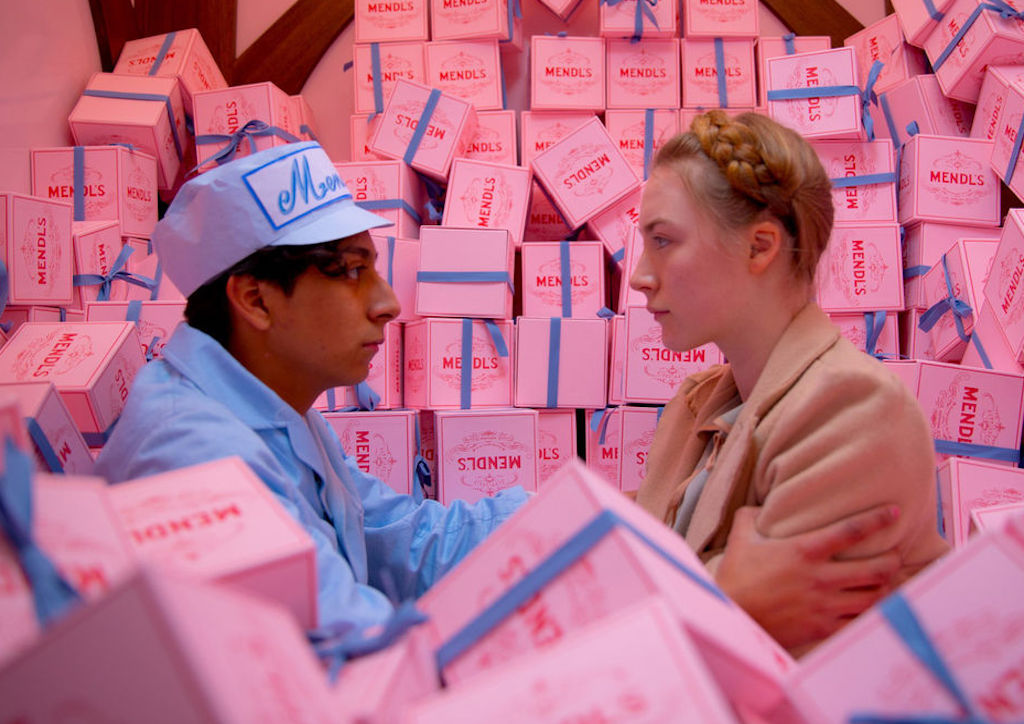
The Grand Budapest Hotel (2014)
Anderson’s epic Grand Budapest Hotel is the most mature of his works. The film feels like a collation of all his learnings from the film industry over the last two decades. Ralph Fiennes masterfully steps into the role of M. Gustave, the flamboyant hotelier caught amidst a murder scandal of one of his elderly lovers (played by Tilda Swinton). On his adventure, he drags along innocent bellboy Zero (Tony Revolori) and the assistant of chocolatier Henri Mendel, the sweet Agatha (Saoirse Ronan). Their escapades through Europe with the stolen painting Boy with Apple confronts them with an epic cast of characters played by the best of the best of Anderson’s acting company: Bill Murray, Jason Schwartzman, Owen Wilson, Edward Norton, Willem Dafoe, and Adrien Brody. The film is so good that Anderson finally got his due in terms of racking up Oscar nominations. In 2014, it garnered Academy Award wins for the fantastic period costume design by Milena Canonero, the makeup work of Frances Hannon and Mark Coulier, the production design of Adam Stockhausen and Anna Pinrock, and the musical scoring of master Alexandre Desplat. In addition, it was up for five other awards including Directing, Writing (shared with Hugo Guinnes) and Picture of the Year, all of which Anderson was nominated. In a fair world, it would have also taken the Cinematography Oscar for the fascinating work of lensman Robert D. Yeoman, who used aspect ratios based on the era of the narrative (the plots spans decades, with scenes set in 30s, 60s and 80s). Budapest is Anderson’s magnum opus, made in the classic Hollywood-style of the 30s mixed with the dry wit and humor that only the modern screenwriter/director can provide. It is by far deserving of the top spot on our list.





